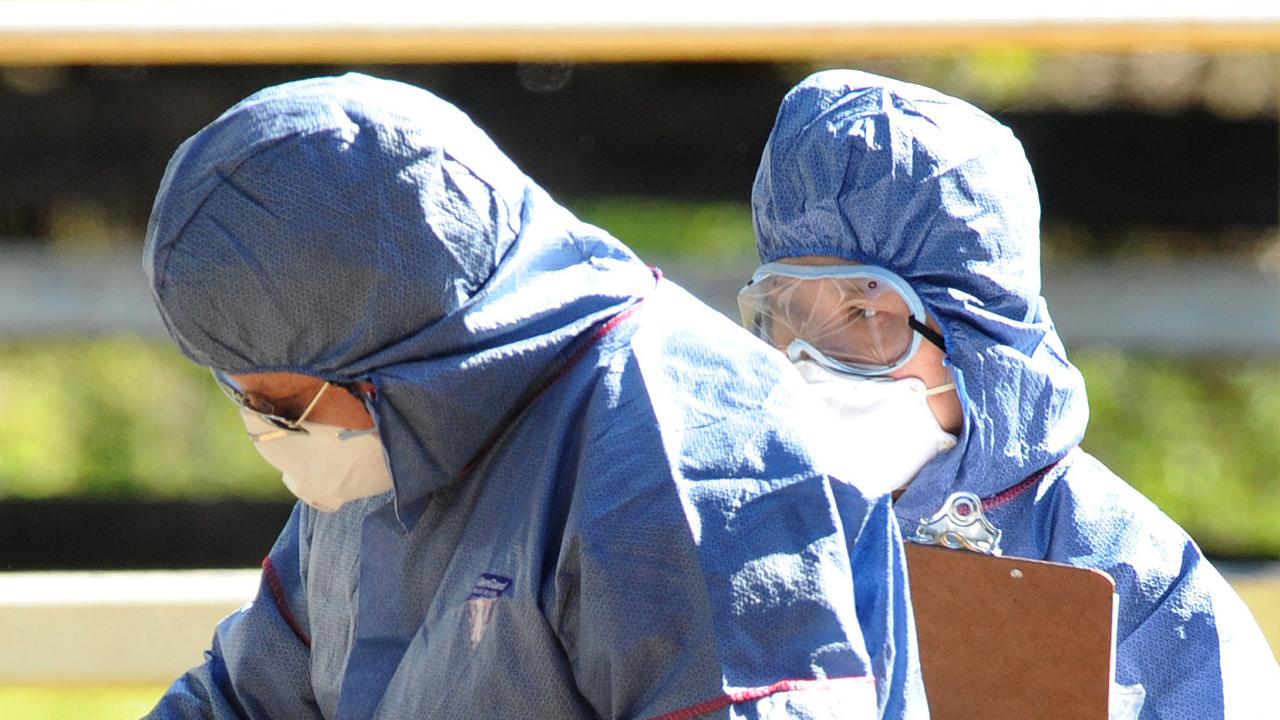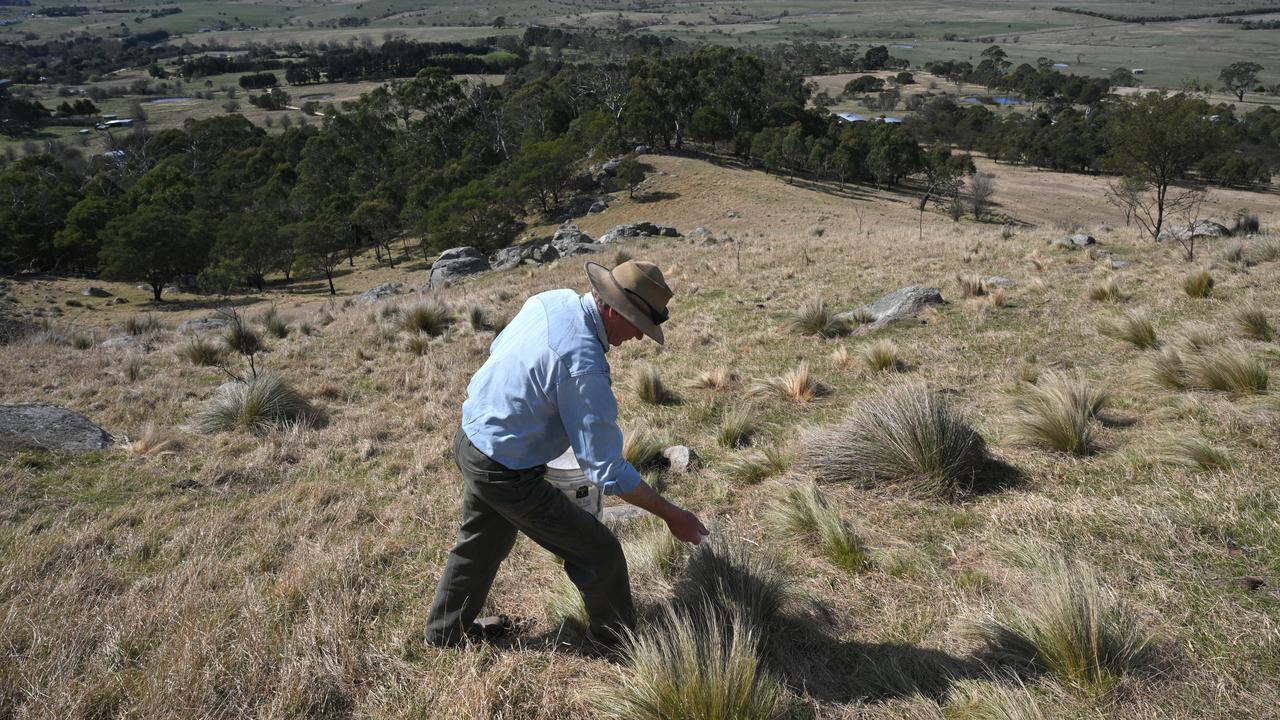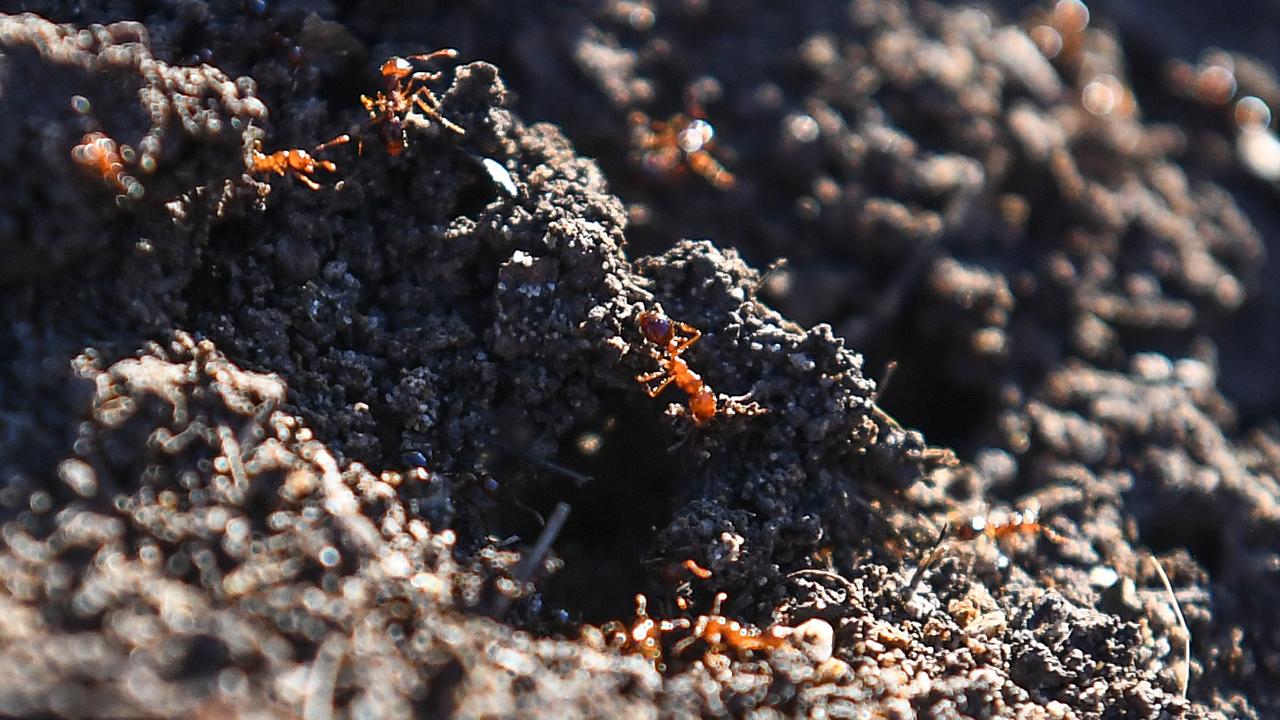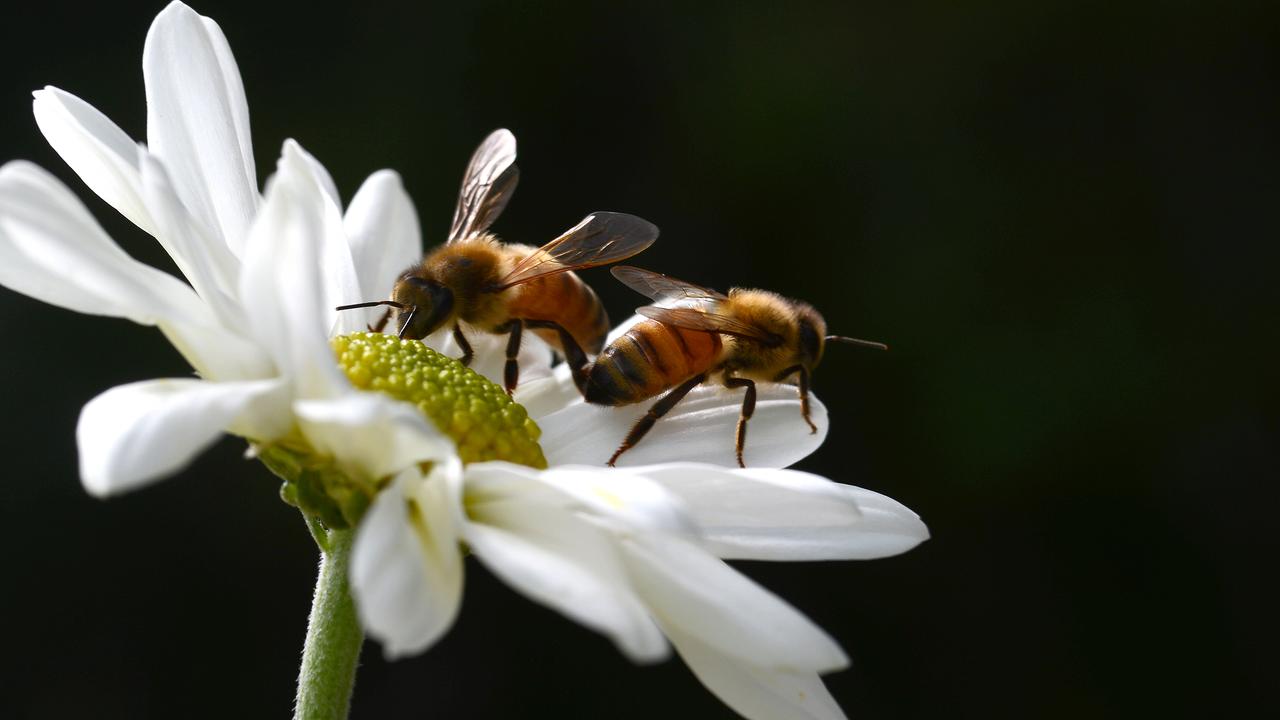
Growing biosecurity threats will require more money and training for staff to fight, but concerns have been raised about a new plan to manage the issues amid recent job cuts.
Emergency teams to respond to outbreaks, individual tracking of goats and sheep and new vaccines are part of the NSW plan to target bird flu, mites and other pests and viruses.
Unveiling the Biosecurity Action Plan on Thursday, Agriculture Minister Tara Moriarty said it would protect the state's $20 billion primary industries sector by strengthening surveillance and compliance, boosting research and increasing support for farmers and landholders.

The Invasive Species Council said the plan's commitment to stronger governance, enforcement and longer-term planning is a significant shift in the state's approach.
"The evidence of the systemic failures is undeniable," the council's chief executive Jack Gough said on Thursday.
"Without major changes, NSW faces an escalating invasive species crisis."
The NSW budget in June allocated more than $1 billion to addressing biosecurity threats and appointing an Independent Biosecurity Commissioner. It also included four-year funding for a Weeds Action Program worth more than $40 million.
But Mr Gough said management of pest animals should get the same long-term funding certainty.

NSW Farmers president Xavier Martin similarly welcomed the plan but warned it needs proper resourcing.
"You can have all the plans in the world, but if you don't fund them and resource them then how can anyone expect anything to be achieved," he said.
NSW Nationals leader Dugald Saunders said the plan was "a shell of a strategy".
"It also doesn't make sense that the first action point in the plan is 'to train at least 200 additional staff' when Minister Moriarty has just signed off on the removal of 165 people from her department," Mr Saunders said.
Public Service Association assistant general secretary Troy Wright labelled it a "faux announcement".
"(It's) an audacious attempt to trick the agricultural sector into believing 200 staff were going to be hired to help combat fire ants, varroa mite and other biohazards," he told AAP.
"Coming only a month after sacking 165 staff this seemed curious."
Ms Moriaty said the job losses "will not have an impact on the Department's biosecurity capabilities".
"The experience of the last two years has shown we need appropriately skilled people, swiftly responding to biosecurity outbreaks or emergencies. To enable that scenario we are training and upskilling 200 staff," she said.

Part of the NSW plan includes working with neighbouring states to prevent threats crossing borders, such as fire ants first detected in Queensland in 2001 that have been found in NSW since 2023.
The new plan involves surveillance, response and compliance operations to try and prevent populations establishing in the southern state.
Also targeted are varroa mites, which threaten bees and industries that rely on pollination.
The mites came through the Port of Newcastle in 2022.
NSW and other states have moved to manage the pests instead of trying to eradicate them.
South Australia on Wednesday announced the removal of hives containing the mites, which had come from Queensland and Western Australia.
SA's primary industry minister said the pest is not considered eradicable at a national level.







